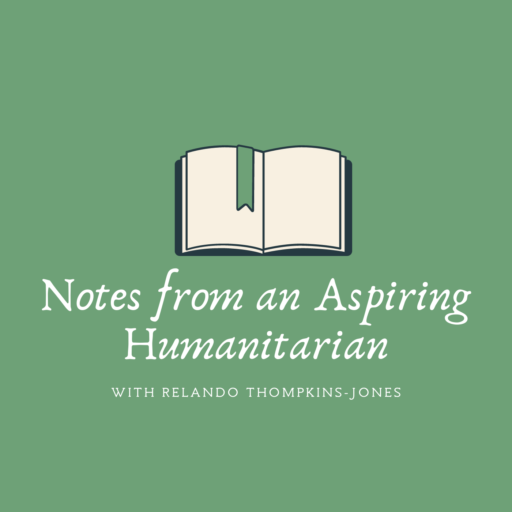Today marks 4 years since the day I started Notes from an Aspiring Humanitarian. This post also marks my 600th note.
Some days it feels like it’s been longer than that, while on others, it seems like I just started yesterday.
Notes from an Aspiring Humanitarian: Year 4 Complete
It’s a life-long journey to learn ways to treat others more humanely, and to free ourselves from the misinformation we’ve learned and internalized.
As I enter into year five, I reflect on two ways in which we can get in our own way in terms of meeting this goal: Egocentrism and Ethnocentrism.
Acknowledging power dynamics is important. To be clear here, I’m not talking about the level of awareness that people from oppressed groups have to have, and the assumptions they need to make about those who are in oppressive groups in relation to them for their own survival, (i.e. people of color in relation to a structurally racist criminal justice system, folks in the LGBT community in relation to a heterosexist, transphobic system, etc).
I’m talking about the assumptions we make from our places of privilege that ultimately serve to reinforce the message of our superiority and make us complicit and complacent with the oppression of others.
Getting in Our Own Way: Egocentrism
Egocentrism refers to the ways in which we put ourselves at the center of the universe. In developmental psychology it often refers to a stage in development where young children can have difficulty understanding that there are realities that are different from the ones that they are currently experiencing; believing that other people experience the world in the same way that they do.

While this term is often discussed in terms of Piaget’s stages of cognitive development as if children can graduate from this way of thinking, there are many ways us adults still struggle with the reality that not everyone in the world experiences life in the exact same way as we do, believes the same things as we do, values what we value, dislikes what we dislike, and we can make all kinds of assumptions (that aren’t necessarily true) because of it.
Example narratives:
“We all know my religion needs to be the foundation of our society. It’s impossible to have a moral compass without it. Nothing else could prevent us from destroying each other.”
“Of course a heterosexual, two-parent household is the only model for raising a family. Everybody knows that.”
“When my great-grandparents came to this country, all they had was a dollar and a dream, but they became independently wealthy. They pulled themselves up by their bootstraps. They didn’t complain like people do today. They weren’t looking for a handout. This is America, the land of equal opportunity. If you believe in yourself, and work hard, you can succeed. That’s what separates the rich from the poor.”
What examples have you experienced, or believed yourself?
Getting in Our Own Way: Ethnocentrism
Closely aligned with believing that all others experience the world in the same ways as we do, is the belief that all others should believe that our way is the superior way. Ethnocentrism can refer to the ways in which we can think our culture and ways of doing things are superior to others’ ways of doing and being.
Combining that sense of entitlement with power and influence is how we end up with situations where legislation is proposed that involves the execution people who are gay, or denying them services, environments that exclude people with disabilities, structurally racist practices in housing, employment, law enforcement, criminal justice, education, healthcare, and more, economic inequality, and a host of other issues and isms where people are blamed for the physical, emotional, and social violence exerted against them.
We’re all implicated in this in some ways, and in year 5, I’m going to be thinking more closely about how we can get in our own way towards progress and social change.
“The interviewer needs to feel with conviction that her culture, way of life, values, etc are only one way of doing things; that there are other equally valid ways, not better or worse, but different.”
–Alfred Kadushin (1990), from The Social Work Interview: A Guide for Human Service Professionals
Thanks for your readership and support. Here’s to year 5, and to becoming more aware of how we get in our own way so we can change the way we’re thinking and make better choices!
From Aspiring Humanitarian, Relando Thompkins-Jones, MSW, LLMSW
—————————————————————————————————————————
(N.A.H.) is advertisement-free and reader supported. If you enjoy my notes, consider supporting (N.A.H.) with a one-time donation or by becoming a monthly patron.
—————————————————————————————————————————
Discover more from Notes from an Aspiring Humanitarian
Subscribe to get the latest posts sent to your email.














2 Responses
[…] Getting In Our Own Way: 2 Barriers We Contribute To That Limit Social Change […]
[…] Blog Post referenced in this episode: Getting in Our Own Way: 2 Barriers We Contribute to That Limit Social Change […]